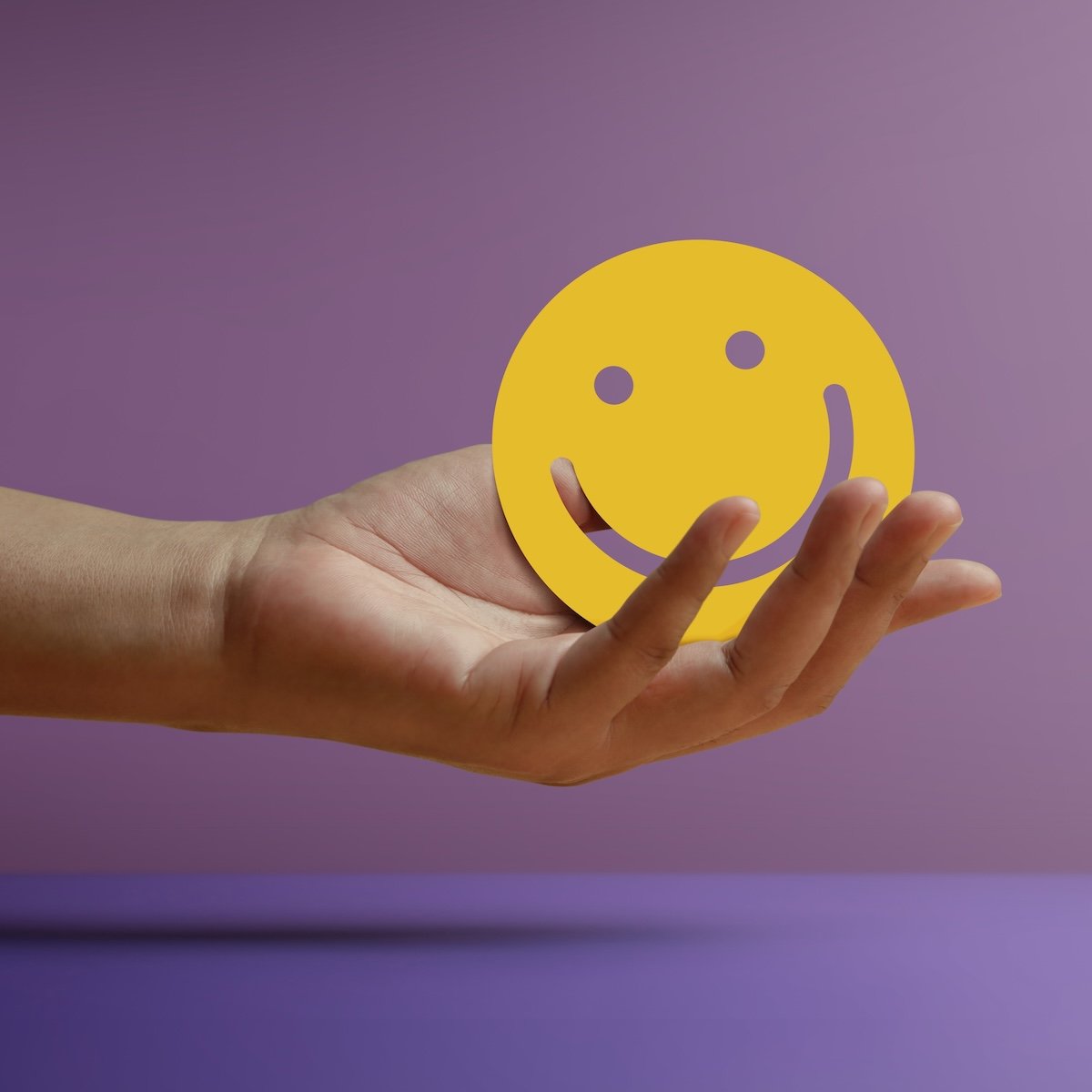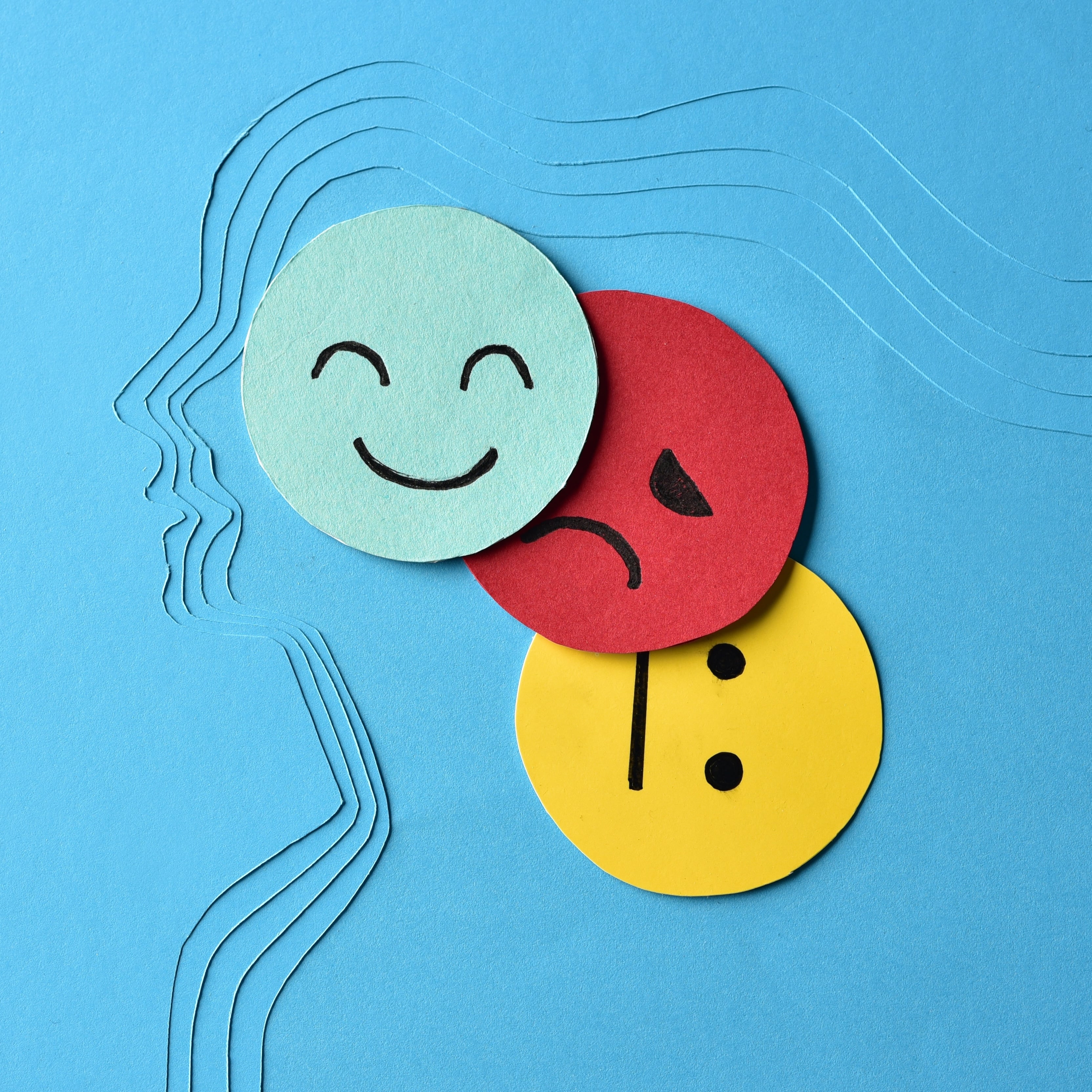6 min read
As Reward Gateway’s Global Head of Engagement and Internal Communications, I have the opportunity of leading our diversity and inclusion initiatives. It’s not an area I’ve had any experience in “managing” before until now. Our Annual Diversity Survey gave us a snapshot to benchmark ourselves against other businesses.
I felt, always have and always will, that inclusion was absolutely key to any successful communication agenda.
This opportunity came at the same time as mental health was making its way into more and more HR related news and report headlines and more and more people on LinkedIn began posting updates and articles on the subject.
A market research company, called Ipsos, polled people about American mental health. The research shows that in the past year, most Americans have dealt with some sort of mental health dilemma, with only 31% saying they have not. So, what does that mean for mental health in the workplace?
It’s clearly an issue affecting so many, meaning a lot of HR teams out there want to support their people on it. And it’s possible there are a lot of people, like me, who have never had a chance to tackle a topic like this. So, I thought I would share with you how we choose to approach it at Reward Gateway and include an example of the content we’ve posted at work which was very well received by our teams all across the globe.
Prior to this campaign, we’d shared posts on our employee engagement platform which were very much “Top ten tips to help with stress” or “5 things to improve your well-being.” These had been a good start but we hadn’t yet seen any behavioral shift or change in attitude amongst our teams.
And so began “RG Level Up.”
Taking steps towards improving mental health in the workplace
I had five people I knew who would be interested in championing this project. They’d always shown an interest in the topic and after inviting each of them for a coffee and a chat about their thoughts towards the project they all wanted in.
We got together as as team and talked about what our objectives would be and how this would be different from the way in which we’d approached mental health before.

Our goal was to encourage a proactive approach to mental health and our objectives were to...
- Define mental health as a positive topic, while removing the stigma and encouraging RGers to Speak Up and Own It, connecting it back to our core company values
- Open up conversations about mental health between colleagues, and also between our employer and employees. and between RG and employees.
- Demonstrate how we care about our people.
Each member of the team attended an “Introduction to Mental Health in the Workplace” at MIND in Stratford, UK, which was a great course to get started with which covers all the basics and allows plenty of time for discussion and role play. And team members in the U.S. also got involved with mental health initiatives.
The second task for each member of the team was to Speak Up about their experience with mental health and share with their colleagues how they’d felt, how they’d managed it and how they are now able to Own It, rather than letting it own them.
We began with a client success manager talking about his experience with depression, I shared my story of learning to live with grief and a UK sales manager talked about how she’d learned to live with anxiety.
As one of the things I know people struggle with most, I asked her if it would be okay to share her story. Unlike our other campaigns, this content did drive behavior change. It led to 12 other employees stepping forward wanting to Speak Up and share their unique journeys. These stories acted as a tool to open up conversations about mental health in the workplace without anyone feeling they would be looked at differently.

The UK sales manager was brave enough to share her story, which touched upon learning to live with and manage anxiety both personally and professionally. She describes how managing her anxiety has been a long and continuous journey of learning how the mind works. From triggers – like being in and out of control, the chemicals our bodies produce that make us happy or sad – to managing the external influences that impact our worlds.
She discussed that a few years ago she would have been too embarrassed to admit to continually working on herself because she thought it might be viewed as a weakness or tarnish how others might see my otherwise sarcastic and happy self. But, in recent years (inside and outside of RG) she’s come to realize that her “quirks” are also her strengths and have made her understand the world better, be successful at work, a damn good (and fantastically organized) mom and tuned into others feeling a similar struggle.
Mental health issues are more common than we think, they are just silent and not spoken about. We all deal with our own stuff in our own unique ways and that is what makes us human. Sometimes, some of us just need that helping hand in getting it sorted.
Employees showed appreciation globally, and over 40 individuals reacted and liked the story, which in turn lets the internal communications team know which type of posts are successful and are engaging employees.

We ran the RG Level Up campaign for three months and the campaign still lives on in various ways. We’ve hosted our first Level Up day for our team in the UK with speakers joining us in the office to educate on finances, coping, anxiety and depression. It was absolutely wonderful to see our employees engaging with each other in a way I’d not seen before, talking about topics and matters usually left outside of the workplace and fantastic to have 98% of attendees feedback to us that the event was Very Good to Excellent.
This is just the beginning of Level Up. We’re now planning our global roll out of the full program and I look forward to seeing it open up more opportunities for our people to have those conversations they may have found tough otherwise. In fact our Experience Manager in the U.S. recently attended a mental health training.
The next stage of Level Up
At this training, she was able to experience the viewpoints from a diverse group of people on mental health, which allowed for great discussions on mental health and the issues that it may create, as well as the opportunities to support those who may be struggling.
Knowing the signs and signals of someone who may be struggling is important and it’s crucial that we treat mental illness like any other disease or sickness. Luckily, she gets to have face time with everyone in the office so it is her priority to make sure that everyone around her feels happy and healthy, and this training has only made that easier.
I’d love to hear how other businesses are tackling this hugely important issue. Please do get in touch if you’d like to share or would simply like to know more.

 Catrin Lewis
Catrin Lewis



